By Melinda Rudisill, RDN
The holidays bring so many wonderful things! Sweets, treats, and everything good to eat… including visions of sugar plums dancing in our heads!
In light of the holiday season, we have a special treat for you. We have found a way to feature cookies in a nutrient-dense eating plan just in time for National Bake Cookies Day, December 18th. Before we share some of the scrumptious sweets featured in our Wellness Library, let us review the importance of holiday traditions, specifically how they can help us reach our wellness goals.
On the surface, holiday traditions seem anything but healthy. Flashback to piles of food, elaborate dinners, and handmade gifts in the form of fudge, cookies, and yes, more sweets. Peeling back the layers of sugar and saturated fat, however, you will find an astonishingly nourishing center.
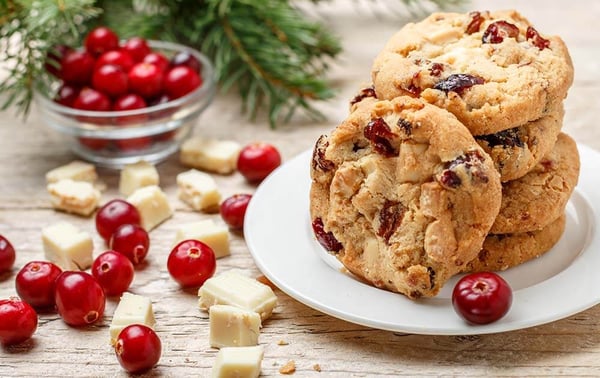
Good nutrition is more than just the nutrition facts. Good nutrition includes the way we eat and how we approach food. In many ways, the underpinnings of holiday food traditions allow us to reconnect with healthy habits that can benefit us throughout the year.
Let’s explore the idea further.
A common barrier to healthy eating is a lack of priority placed on planning and preparing healthy meals. Even so, during the holidays many of us prioritize home cooked meals, especially for Thanksgiving and Christmas. The skills involved in hosting or preparing a dish for a holiday feast can inspire confidence in the kitchen and translate to achieving wellness goals.
Even if you are not making a nutrient-dense recipe, understanding the ingredients and techniques involved in preparing food can help you make better food decisions in the future. For example, visualizing the butter and sugar required to make “Aunt Beth’s famous sweet potato casserole” encourages me to take a smaller portion, and not to overload my plate like it is one of my vegetable servings.
Not only that, people tend to prioritize eating meals together during the holidays. Sharing a meal allows us to connect with each other. It forms and strengthens relational bonds that improve our sense of well-being. These bonds are essential for creating community, a vital component of successful behavior change.
Likewise, improving our sense of well-being contributes to self-efficacy, or our belief in our ability to succeed with behavior change. Research has shown that if we incorporate sharing meals together into our regular routines, we tend to make better food choices.
A scientific review completed by researchers at the University of Illinois found that families who frequently eat together at home consume more fruits and vegetables than families who do not. They also have a decreased risk of drug use, drinking, and smoking, according to a study completed by The National Center on Addiction and Substance Abuse.

Finally, a shared meal at home is a great place to begin teaching children about nutrition and healthy eating habits. If you want more resources on how to make sharing a meal at home part of your normal routine, visit The Family Dinner Project.
Perhaps the most beneficial aspect of holiday food traditions is that they are simply traditions, long-established customs passed from generation to generation. In fact, research consistently demonstrates that routines and traditions are a part of healthy families.
On a deeper level, traditions give us a sense of security and belonging, and they allow us to pass on values and priorities. We see this truth presented in scripture, as God commanded his people, the Israelites, to observe various feasts remembering his faithfulness and blessing. Likewise, Jesus commands his disciples to continue to observe the Lord’s Supper, remembering Jesus’s sacrifice for our sins on the cross (Luke 22:19-20).
At the end of the day, traditions unify us and help us focus on what is important. These truths extend to our wellness goals. Learning to set priorities and focus on what truly matters creates vision for success. It helps you to say no to the fudge in the moment, because you want to be medication free and run a 5k with your family next Christmas.
Equally important to mention is that traditions do not always have to revolve around food. We recognize that lifestyle change is hard. Often, for our mental and spiritual health, it is good and right to avoid even “modified” holiday treats and focus on creating new non-food traditions.
How can we create traditions that revolve around Christ? Maybe we can complete an Advent devotional together as a family or sing carols as a part of a family worship night.
How can we design traditions around other needs like community and purpose? Maybe we can buy gifts for children in need or volunteer at a local charity. How can we develop traditions just for fun and relationship building? Maybe we can host a Christmas themed scavenger hunt or family game night. Whatever you decide, make sure you incorporate traditions that do not have food as the focus and remember the reasons why we celebrate this time of year.
While we recognize that traditions like baking cookies together can be a healthy thing, we also believe that traditional recipes can be modified to enhance nutrition and provide greater benefits to our health. Making traditional recipes more nutritious can decrease our risk of chronic disease and help us stay on track during the holidays. Feel free to use our Thanksgiving blog post as a resource.
Just imagine eating dessert and savoring it, knowing that you are consuming foods to fuel your body and protect your health. Remember, traditions are part of an overall healthy lifestyle that allows you to achieve and maintain your wellness goals.
Is your mouth watering yet? Go ahead and give one of these recipes a try:
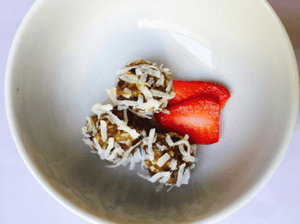
https://mychristiancare.org/wellness/recipes/date-nut-balls/
Comments:
“Easy and Yummy to make”
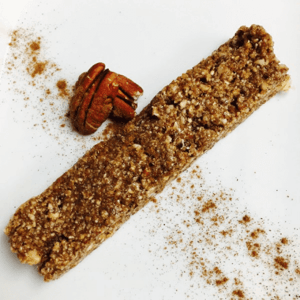
https://mychristiancare.org/wellness/recipes/pecan-pie-energy-bars/
Comments:
“Great for something crunchy and sweet! Doubles as breakfast or a snack on the go.”
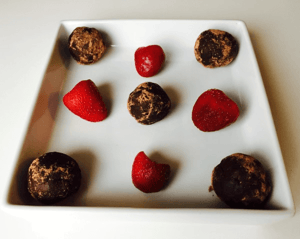
https://mychristiancare.org/wellness/recipes/peanut-butter-cup-truffles/
Comments:
“Better option than a peanut butter cup bought from the store. I will make them for gifts”

https://mychristiancare.org/wellness/recipes/black-bean-brownies/
Comments:
“You can’t even tell there are beans in the brownies.”
“Really hits the chocolate craving.”
References:
CASAColumbiaTM. (2012). The Importance of Family Dinners VIII. The National Center on Addiction and Substance Abuse at Columbia University. Retrieved from https://www.centeronaddiction.org/addiction-research/reports/importance-of-family-dinners-2012.
Fishel, A. (2018) Family Dinner Project: FAQ. Retrieved from https://thefamilydinnerproject.org/resources/faq/
Hammons, A. Fiese, B. (2011). Is Frequency of Shared Family Meals Related to the Nutritional Health of Children and Adolescents. Pediatrics, 127(6), e1565-e1574. doi:10.1542/peds.2010-1440
Moore, M., Tschannen-Moran, B., & Wellcoaches Corporation. (2010). Coaching psychology manual. Philadelphia: Wolters Kluwer Health/Lippincott, Williams & Wilkins
 Melinda is a Registered Dietitian Nutritionist with a bachelor’s degree in food science and human nutrition, as well as dietetics. She completed her dietetic internship through the University of Houston in collaboration with the VA Hospital in Lake Nona, Florida.
Melinda is a Registered Dietitian Nutritionist with a bachelor’s degree in food science and human nutrition, as well as dietetics. She completed her dietetic internship through the University of Houston in collaboration with the VA Hospital in Lake Nona, Florida.



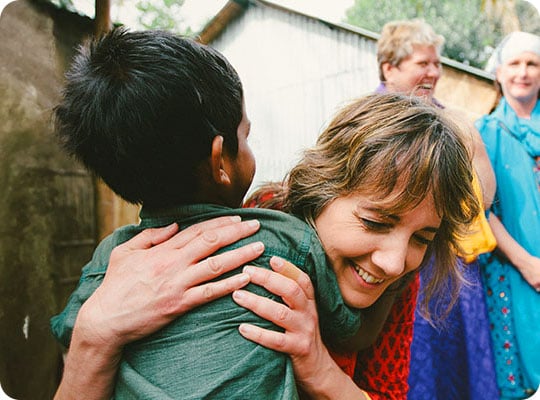
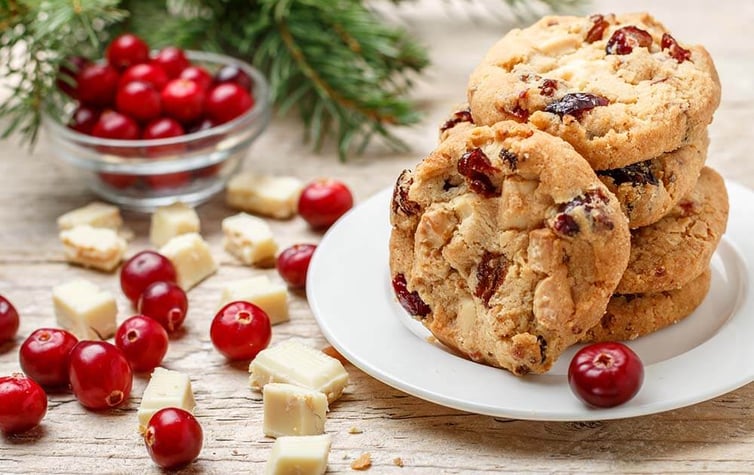






Comments